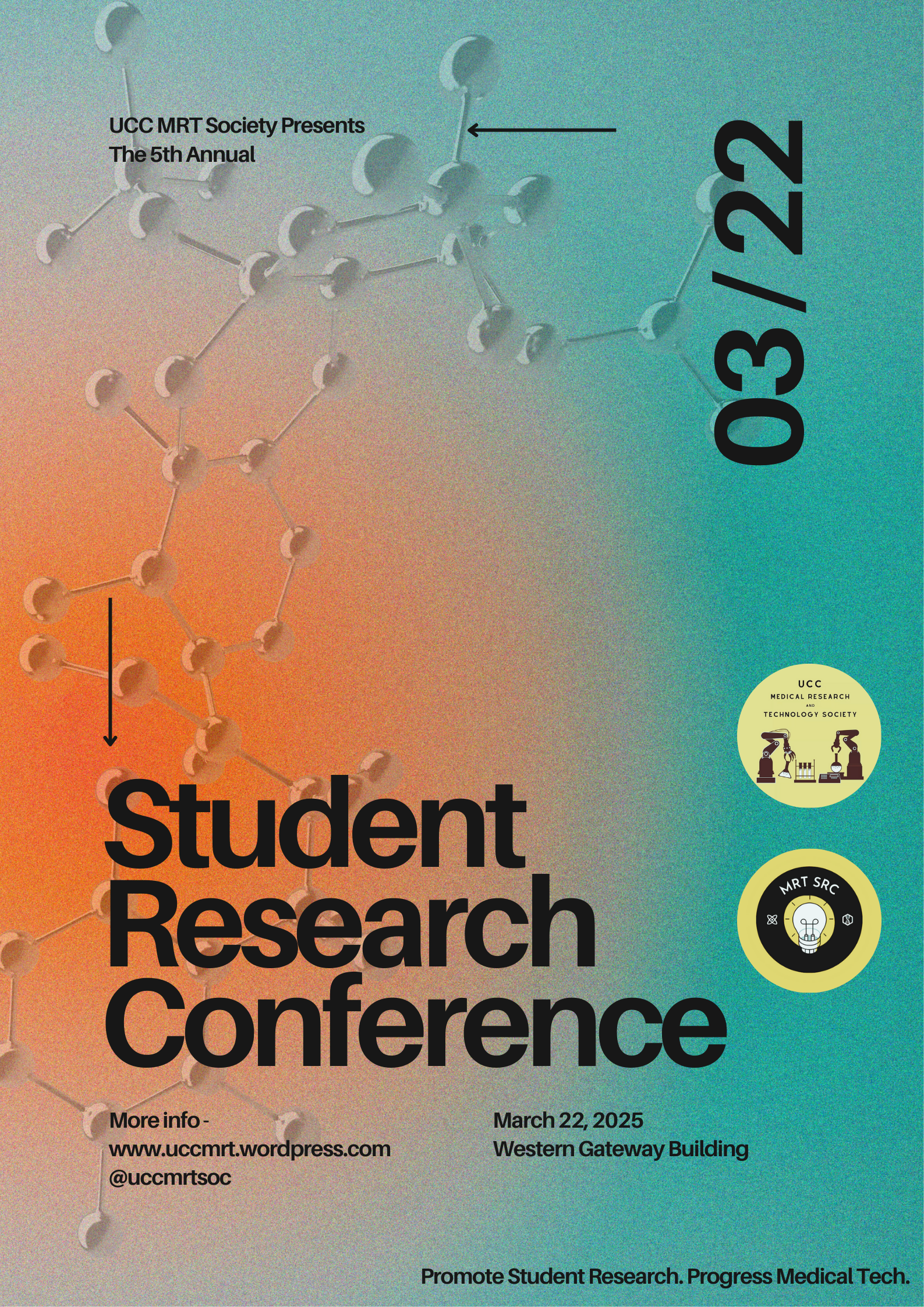Understanding the impact of palliative and ablative radiotherapy (RT) on Health-Related Quality of Life (HRQOL) in patients with metastatic disease
DOI:
https://doi.org/10.33178/SMJ.2025.1.28Abstract
Background: Radiotherapy (RT) is an effective but underutilized treatment option for patients with metastatic cancer. While studies have examined RT’s impact on health-related quality of life (HRQOL) internationally, there is limited data on Irish patients. Some research suggests aspects of quality of life may dip after RT but eventually return to baseline, though this varies depending on prognosis. Since healthcare systems, cultural factors, and socioeconomic conditions differ across countries, these findings may not be easily generalizable to the Irish population. This study aims to explore the feasibility of the use of electronic patient-reported outcomes (ePROs) to assess HRQOL in Irish patients receiving palliative or ablative RT.
Methods: This single-institution observational study at Cork University Hospital utilizes the ePRO application, ONCOpatient, to administer pre-validated HRQOL questionnaires including the EORTC-QOL-C30, EORTC-QOL-C15 PAL, and EQ-5D-5L to patients or their caregivers via their smartphone at four-timepoints: baseline, final treatment, and 4- and 12-weeks-post-treatment. Descriptive statistics were used to summarize engagement and compliance. Longitudinal analysis will be conducted to evaluate HRQOL changes over time, and regression models will be used to identify predictors of HRQOL outcomes.
Results: From October 2024 to March 2025, 22 participants were onboarded (mean age 63.23 years, 40.9% male, 59.1% female), with various cancer subtypes (breast n=7, lung n=5, renal n=3, other n=7). Overall app engagement was 54.5% (9/14 patients and 3/8 caregivers). Compliance declined over time: 40.9% at baseline, 25% at final treatment, 15% at 4-weeks post-RT, and 0% at 12-weeks post-RT. Barriers to app engagement included licensing issues, syncing delays and difficulty locating assessment dates. Limited provider engagement regarding patient identification and onboarding also presented challenges. Further results to follow.
Conclusion: This study highlights feasibility challenges in integrating ePROs for metastatic cancer patients receiving RT. While engagement was moderate, declining compliance indicates barriers to data collection. Addressing technical and app usability issues may improve long-term implementation. Future analyses will further assess HRQOL changes over time and identify predictors of patient-reported outcomes to enhance RT decision-making and patient-centered care.
References

Downloads
Published
Issue
Section
Categories
License
Copyright (c) 2025 Kimya Ghaffarian, Bojan Macanovic, Micheal O’Cathail, Seamus O’Reilly, Orla Monaghan, Karen O’Meara, Eoin O’Carroll, Aisling Barry

This work is licensed under a Creative Commons Attribution-NonCommercial 4.0 International License.









